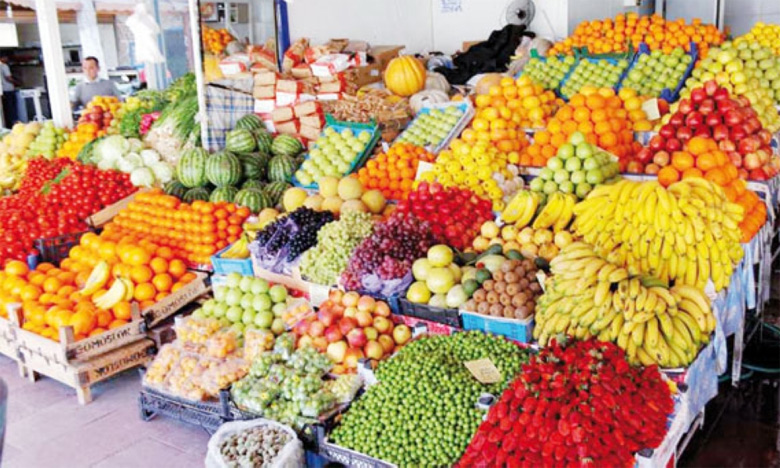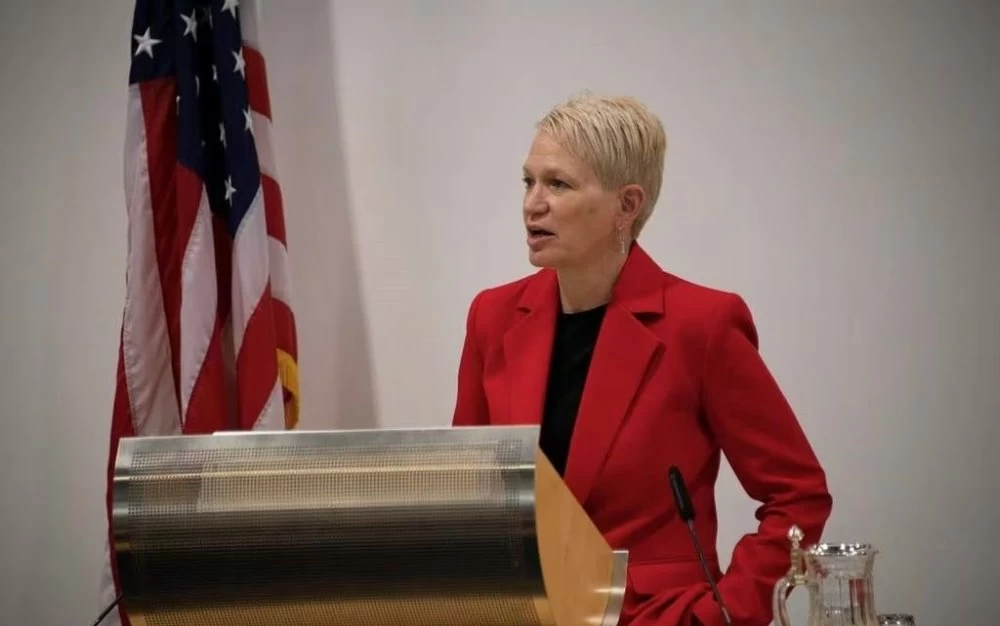Morocco’s central bank and the Moroccan government are pursuing policies that are triggering opposite impacts on inflation. As the central bank tightens its monetary policy by raising the key interest rate for the third time in a row to 3%, the government continues its expansive budgetary policy in line with its goals to spur private investment and create growth.
Inflation in Morocco hit double-digit level of 10.1% in February, primarily due to a surge in food prices by 20.1%, a level never seen in the country since the 1980s.
The central bank said inflation could spike to 5.5% this year, compared with 6.6% last year, adding that the government plan to start targeted subsidies in 2024 would keep inflation high at 3.9%.
“The problem of prices is more complex than we think,” said spokesman for the government Mustafa Baitas as he acknowledged the inadequacy of the government’s measures to contain inflation.
The government has so far attributed inflation to imported factors, promising to continue to subsidize the prices of wheat, sugar and cooking gas as well as electricity.
It plans to increase public investments to 300 billion dirhams, up from 245 billion last year, as it seeks to promote growth after two sluggish years under the impact of the pandemic.
The government has also attached importance on spending to develop the key health and education sectors as it also plans to generalize health insurance and safety nets.
It therefore forecasts a fiscal deficit of 4.5% but its high spending targets to boost growth would be counter-conducive to curbing inflation at this context, according to economists.
The pace of price hikes is not in tandem with growth and this could hit the finances of households and poor families, in particular, with all the social risks that it could entail.
Taming inflation would necessarily require a period of sluggish growth leaving the Moroccan government and the central bank at odds.
“The job of the central bank is monetary policy but growth is the job of the government,” Central Bank governor told reporters following the bank’s board meeting in September.
“It is better to act now with small adjustments rather than wait till inflation becomes structural and hard to manage,” he told reporters back then when the bank started its monetary tightening ending its accommodative policy during Covid-19 pandemic.



